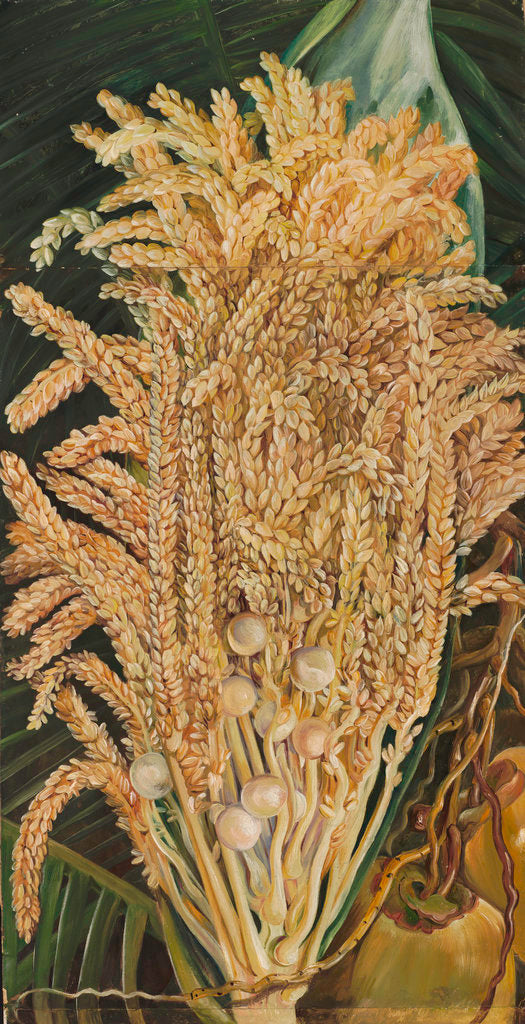
156. Inflorescence and ripe Nuts of the Cocoanut Palm.
Image information
Our prints
We use a 240gsm fine art paper and premium branded inks to create the perfect reproduction.
Our expertise and use of high-quality materials means that our print colours are independently verified to last between 100 and 200 years.
Read more about our fine art prints.
Manufactured in the UK
All products are printed in the UK, using the latest digital presses and a giclée printmaking process.
We only use premium branded inks, and colours are independently verified to last between 100 and 200 years.
Delivery & returns
We print everything to order so delivery times may vary but all unframed prints are despatched within 2-4 days via courier or recorded mail.
Delivery to the UK is £5 for an unframed print of any size.
We will happily replace your order if everything isn’t 100% perfect.
Product images of 156. Inflorescence and ripe Nuts of the Cocoanut Palm.



 zoom
zoom
About this image
156. Inflorescence and ripe Nuts of the Cocoanut Palm.
The inflorescence of the Cocoanut (Cocos nucifera, Linn.) is a branched spadix bearing innumerable flowers, only a few of which are female and fertile, the rest containing only stamens. When young the spadix is enclosed in a large spathe, which is partly seen above the flowers in the picture. As commonly seen in this country, the nut is divested of its dense fibrous outer coat, and consists of a hard bony shell (endocarp) containing one seed which is noteworthy for its size. The seed itself consists of a very small embryo near one of the three holes at one end of the nut, a layer of a solid substance (albumen) and a quantity of liquid (also albumen) in a central cavity, which in germination serve to nourish the young plant until it has formed roots and is able to draw its food from the soil. See the description of 229, and panel 87 of the wainscot below.
- Image reference: MN_156
- The Trustees of the Royal Botanic Gardens; Kew











